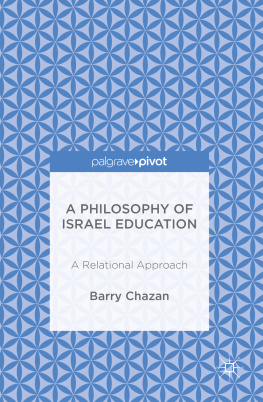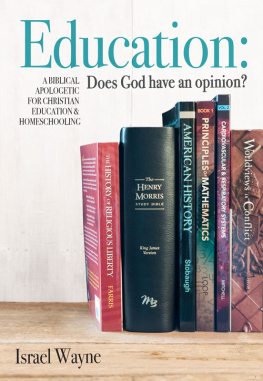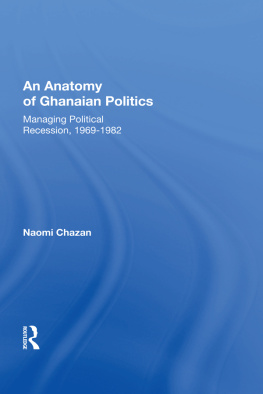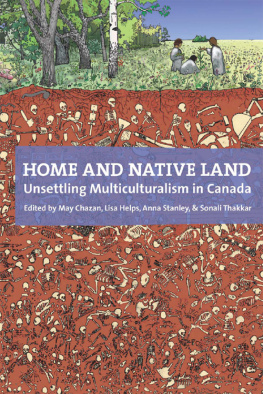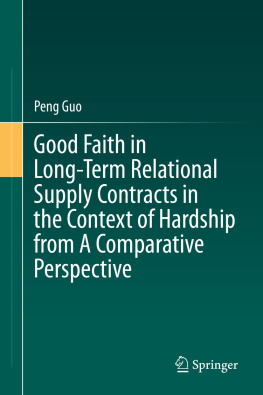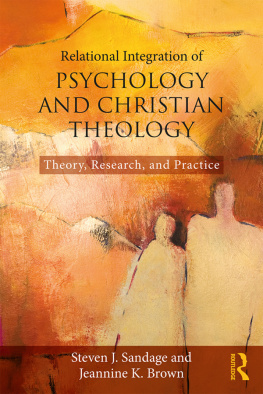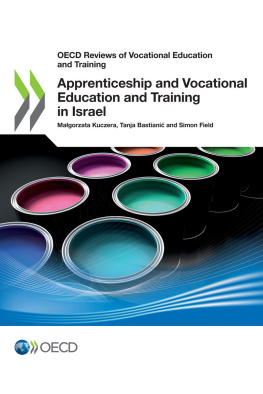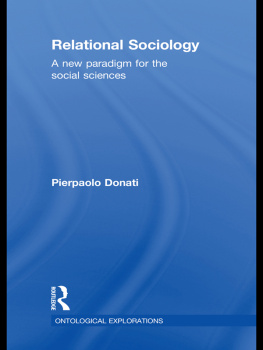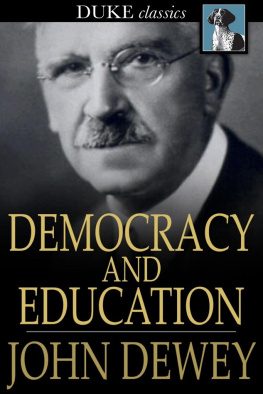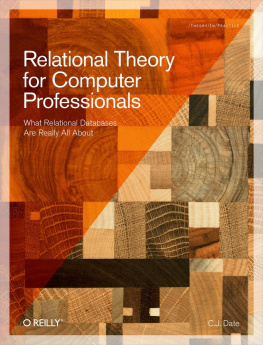Our Task
What a complicated life this little land has lived. It has been terra sancta to great religions. It has endured multiple conquerors and occupiers. It has been the object of holy memory and vision of return. It is a modern state which is part of the family of nations. It is a source of conflicting aspirations and emotions. What a complicated life this little land lives.
This book is about the place of the Land of Israel in the educational system of contemporary American Jewish education. The Jewish preoccupation with Israel did not begin in the twentieth century. The land, people, and idea of Israel have been an integral part of Jewish life and education throughout the ages (Hartman ). While Americas Jews focused on becoming Americans, they also wanted their young to learn about the newly created state.
The twenty-first century is a different place. Jews are fully at home in, and constitute a robust part of, American life. Twentieth-first-century America is populated by a generation of post-ethnic multi-identified millennials (Hollinger ). This new situation calls for a new Israel educational paradigm that remains loyal to the past, but is relevant to the realities of today and tomorrow. That is the purpose of this book: to create a twenty-first century philosophy of Israel education.
This reconceptualization reaffirms the centuries-long Jewish commitment to the concept of Israel. At the same time it presents a new educational theory rooted in a vision of Israel education, as education for character and humanitas rather than ethnicity and particularism. The vision to be presented in this book focuses on relating and relationship rather than we versus they (Eriksen focuses on the creation of a culture of Israel education and the role of Israel educator. The Epilogue is a meditation on the implications of this study of Israel in American Jewish education for an overall vision of ethnic education as ethical education.
Establishing a Language
We begin by analyzing certain key concepts which are important for understanding the relational philosophy of Israel education presented in this book.
Cognitive Emotions
Typically, cognition and emotion have been regarded as polar opposites. Cognition is regarded as sober, calm, reflective, and detached, while emotion is regarded as passionate, turbulent, heart-felt, and engaged. Cognition is understood as a faculty of the mind by which we analyze things in a sensible way, whereas emotion is regarded as a faculty of the heart whereby we feel things with great sensitivity. In a significant essay entitled In Praise of the Cognitive Emotions, the American analytic philosopher of education Israel Scheffler rejects the separation of the concepts the cognitive and the emotive, and instead presents the case for their inherent interaction. He proposes to help overcome the gap by outlining basic aspects of emotion in the cognitive process (Scheffler .
Ethnic Education
The field of ethnic education (and a subdivision sometimes called ethno-cultural education) emerged in the USA in the 1960s and 1970s as a result of both the mid-twentieth-century interest in the diverse groups that comprised American society as well as the impact of the Civil Rights Movement (Banks ).
Homeland
The word homeland is a significant concept in the language of ethnicity and ethnic education. Typically, the term refers to a land (or an area), which is the place of origin of people and its culture, as well as the locus of a cultures history, language, customs, foods, and literary and artistic creations (Banks We shall focus on both home and homeland in discussing Israel education.
Identity
The word identity became popular in mid-twentieth-century America through the writings and teachings of Erik Erikson (Friedman Erikson most decidedly did not refer to identity as loyalty to a specific ideology or group, nor did he regard it as a subject to be taught in schools. We shall refer to the metamorphosis of the original psychological meaning of identity to its current usage in Jewish life to mean loyalty or affirmation.
Israel
The word Israel ( Yisrael in Hebrew) was first used in the Bible in the Book of Genesis, Chap. 28, Verse 22, when the name of the biblical figure Jacob was changed to Israel after a long night of wrestling with an angel of God.).
Teaching Israel
For most of the past century, the phrase used to describe the school-based educational activity related to Israel was Teaching Israel (Chazan This book is about creating a twenty-first-century theory and practice of the term Israel education.
Jewish Education
The term Jewish education is typically used to refer to the network of supplementary schools, day schools, camps, youth movements, and other educational frameworks which constitute a full-fledged system developed by twentieth-century American Jewry (Woocher and Woocher ). Since the middle of the past century, this system has usually been categorized as religious education since schools were generally attached to denominational synagogues. It is difficult to neatly categorize Jewish education as religious since, while it does include faith-based elements, it also encompasses language, culture, foods, and a deep attachment to the State of Israel. Therefore, once again we shall understand Jewish education in Cremins terms as an ethno-religious heritage.
Narratives
Narratives are ways of looking at the world, typically embedded in stories, which reflect how a person or group of individuals understand empirical facts and turn them into frameworks for making sense out of life. The various meanings of Israel have been embedded in narratives constructed by Jews at different points in timebiblical, rabbinic, modern, Zionist, contemporary statehood, and peoplehoodto help them make sense of the Land of Israel in diverse eras. A variety of distinctive narratives of the meaning of Israel developed over time, reflecting a core commitment to the overall idea, although expressed in divergent contents. There have also been diverse non-Jewish narrativesChristian, Muslim, and Palestinianthat reflect dramatically different understandings and interpretations of facts and events. Narratives will play an important role in the pedagogy of a relational Israel education.
Relational Education
Relational education is a term connected to a long, educational tradition which believes that the ultimate focus in education is on the kind of life a person leads and the core values which shape that life. This tradition, which dates back to Hellenistic and Hebraic times, believes that we must learn how to be human, and that education plays an important role in that quest. The philosophic approach to Israel education presented in this book is in that tradition. We focus on the place of Israel in personal growth and development. Our approach is dialogic in the sense that it regards the relationship of the individual to Israel as the subject of Israel education (Buber ). This approach is essentialist in the sense that it is committed to the critical role of ideas, knowledge, and contents in education. It is constructivist in its belief that understanding can only be realized when the individual is an active partner in the creation of knowledge. It is difficult to delineate one precise term that encompasses all these components. We shall use the phrase relational education to emphasize the significant role of the interaction of the student with values, a place, a history, and a people denoted by the word Israel.

